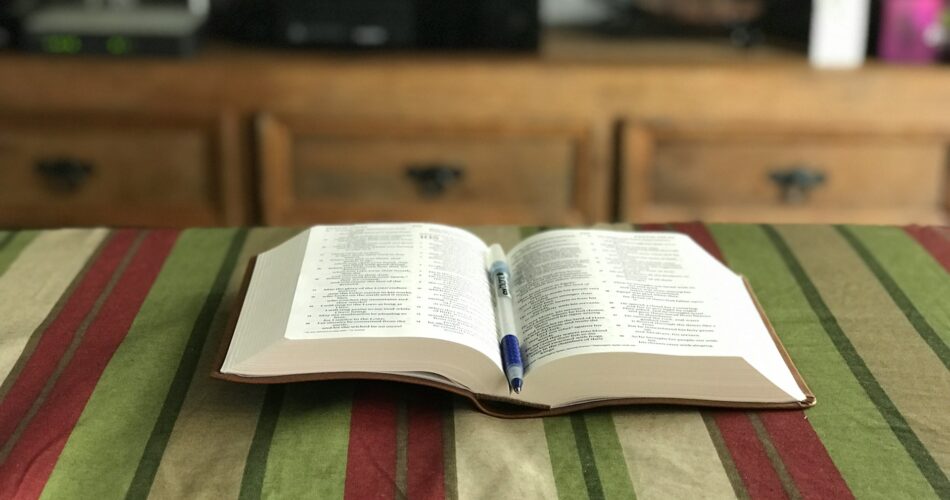University Denies Church Property Sale, Faces Lawsuit
Calvary Chapel Belfast has filed a lawsuit against the University of Maine System (UMS), alleging that the institution discriminated against the church by refusing to sell it a property due to its religious beliefs. The church had initially entered negotiations to purchase the Hutchinson Center, a vacant property, to accommodate its growing congregation. However, UMS rescinded its offer after community members raised objections to the church’s conservative views on same-sex marriage and other bidders exerted pressure.
The lawsuit claims that UMS’s decision violated the church’s constitutional rights, specifically its right to participate in a public program without being punished for its religious identity and beliefs. Despite submitting a competitive proposal, the church alleges it was excluded solely because of its theological stance. Calvary Chapel also asserts that its subsequent attempt to acquire the property through a second request for proposals was unfairly rejected in favor of Waldo Community Action Partners (WCAP), a secular organization whose board allegedly included individuals critical of the church’s beliefs.
UMS ultimately awarded the property to WCAP for $3.06 million, higher than the property’s estimated value of $2.52 million. The university stated that WCAP’s proposal was the strongest and demonstrated proof of funds without contingencies that could delay the sale. UMS defended its decision, emphasizing that all bidders were evaluated based on the same objective criteria and denied allegations of discrimination.
Liberty Counsel, a Christian legal organization representing Calvary Chapel, argued that UMS violated the First Amendment by discriminating against the church for its Christian beliefs. The church claims that this action sets a dangerous precedent and undermines religious freedom. Liberty Counsel Chairman Mat Staver described the situation as a “costly mistake” for UMS, emphasizing that such actions are unlawful.
UMS responded to the lawsuit by denying the claims and maintaining that the bidding process was fair. The university also confirmed receiving a formal protest from the church regarding the property’s sale, stating that the decision would be stayed until the matter is resolved. The legal dispute highlights broader tensions around religious freedom and public institutions’ decision-making processes.
